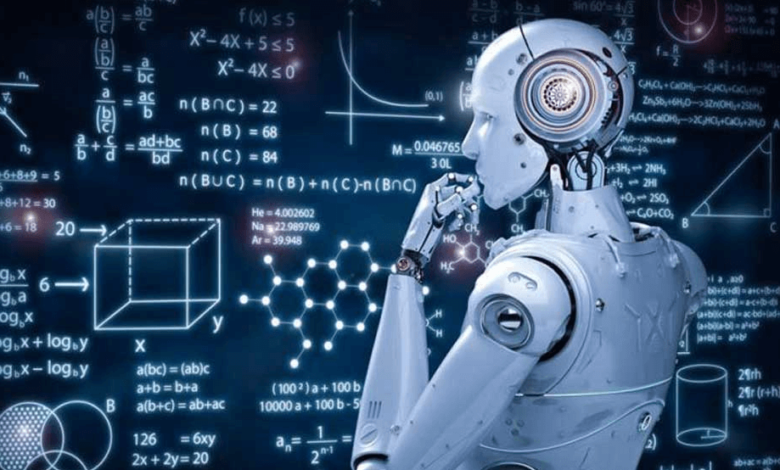How Robotics Is Changing the Future of Automation

Robotics is fundamentally altering the landscape of automation across multiple sectors. By enhancing efficiency and precision, these technologies streamline operations and reduce costs. Their adaptability allows businesses to swiftly adjust to market fluctuations and consumer demands. As robotics continue to evolve, their potential applications expand, raising questions about their impact on productivity and workforce dynamics. Understanding these implications is crucial for companies aiming to remain competitive in an increasingly automated world.
The Impact of Robotics on Manufacturing and Production
As industries increasingly embrace automation, the impact of robotics on manufacturing and production becomes evident in enhanced efficiency and precision.
Robotic assembly systems streamline processes, reducing human error and operational costs.
With industrial automation, companies can achieve higher throughput, optimize resource allocation, and maintain consistency in product quality.
This technological advancement, including tools like a QR code generator, empowers businesses to innovate, adapt quickly, and meet evolving consumer demands.
See also: How Natural Language Processing Is Changing the Way We Communicate
Advancements in Robotics for Healthcare Solutions
The integration of robotics extends beyond manufacturing and production into the healthcare sector, where advancements are reshaping patient care and operational efficiency.
Surgical robots enhance precision in complex procedures, minimizing recovery times.
Meanwhile, rehabilitation robotics facilitate personalized recovery programs, enabling patients to regain mobility effectively.
These innovations symbolize a transformative shift, fostering greater autonomy and improved outcomes in healthcare delivery.
The Role of Robotics in Sustainable Agriculture
While traditional farming methods face increasing pressures from environmental challenges and population growth, robotics emerges as a pivotal solution in promoting sustainable agriculture.
Innovations in precision farming optimize resource use, enhancing crop yields while minimizing waste. Additionally, robotic pollination addresses declining bee populations, ensuring effective fertilization.
Together, these advancements pave the way for a more resilient and sustainable agricultural future, aligning with the principles of freedom and ecological responsibility.
Conclusion
In juxtaposing the rapid advancements in robotics with traditional automation methods, it becomes evident that the future of automation is not merely an evolution but a profound transformation. While conventional systems often grapple with inefficiencies and errors, robotics promises unparalleled precision and adaptability. As industries embrace these innovations, they not only enhance productivity but also redefine operational paradigms, fostering a new era where technology and human ingenuity coexist harmoniously, driving sustainable growth and resilience across sectors.




